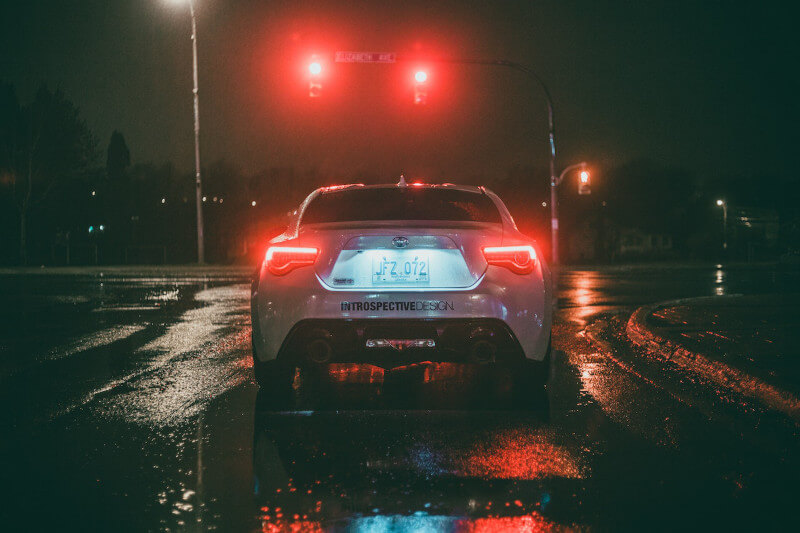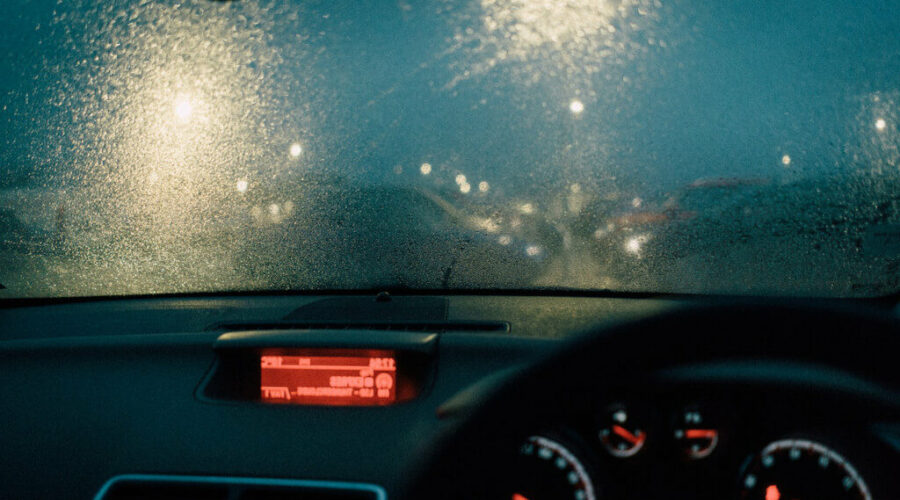The winter season will arrive soon, and for many drivers, this can be a very nerve-racking time to be out on the roads. This is particularly true if you have to commute to and from work in hazardous poor weather. We firmly recommend that drivers take some additional precautionary measures to stay safe on the roads at all times and reduce the likelihood of getting into an accident or causing one.
First and Foremost, Have Your Vehicle Inspected
Get your vehicle inspected by a professional mechanic and properly maintained before the onset of the poor weather. Checking your car’s lighting system, battery, tires, fuel, and brake pads are some of the most important things you can do to ensure that your vehicle is in good working order and is prepared to deal with adverse environmental conditions. In addition to this, check to see that your windshield wipers are functioning properly, and maintain a petrol tank that is at least a part full at all times.
Drive Slowly
SLOW DOWN if the weather outside is dangerous or if you know that you will be driving in conditions such as heavy rain, heavy wind, or potentially even snow. Confirm the forecast for the weather before you leave, and if you have to get somewhere on time, leave sooner than you normally would and take it easy behind the wheel. Idle at a slow pace and look out for deep pools of water or holes.
Remain Vigilant
Always, always keep an eye on the road. Pay close attention to the roads and cars that are ahead of you, keep an eye out for any obstacles that may be on the road, and drive with caution and awareness. If you are traveling a significant distance, you are required to take breaks along the way and, if possible, switch places behind the wheel with another passenger. Just take a few moments to stretch, close your eyes, and unwind if you have some time to yourself. Always drive sober, and put the phone down when you’re behind the wheel. This brings us to the extremely useful next piece of advice.
Deactivate All of Your Notifications
If you’ve got cellular data or WiFi turned on, please take our advice and switch off all of your app notifications until you’re back at your house or have arrived at your desired location. A study conducted by BusinessTech found that using a cell phone while driving accounts for twenty-five percent of all traffic accidents that take place in South Africa.
The study also demonstrates that the danger of being involved in a collision while driving is increased by approximately four times for drivers who use their phones while driving. Whether you’re using it hands-free or not, you should turn off the notifications on your phone. It can wait until you’re securely parked, as any interruption, no matter how small, puts you at a significant risk, and this is particularly true when the weather is dangerous.
Pack in Case of Unexpected Events
If you’re going a short or a long distance, it’s always a good idea to be prepared for any kind of unexpected event by packing essential supplies. Carry spare clothing, blankets, food, and water, as well as a charger for your phone, in your vehicle at all times, just in case you break down in inclement weather and have to wait for assistance for a few hours. You should also carry with you a piece of brightly colored cloth that can be used to signal for help by tying it to the antennae of your vehicle or hanging it out the window. Don’t attempt to walk anywhere after leaving your car; instead, wait until you can be assisted before leaving your car.
Braking in Winter

In the winter months, you shouldn’t rush off on your trips before giving your brakes a chance to warm up. It is possible that your brakes will not engage properly under these circumstances, which could lead to accidents. By applying consistent pressure to the brake pedal with the ball of your foot in wet conditions or the extremely unlikely event of snow or ice, you can prevent your brakes from locking up.
If your vehicle has ABS do not crank the brakes, rather implement sustained pressure on them. You should not be alarmed if you feel a pulsing sensation coming from the brakes. Contemplate ABS when purchasing a new vehicle for added safety.
During the winter, you should give your brakes a thorough inspection regularly to ensure that they continue to function properly despite the wet, cold, and icy conditions. While you should exercise extra caution in winter, should your brakes ever release strange smells or loud sounds, inspect them urgently for issues?
Keeping a Respectable Following Distance
When traveling in the more hazardous conditions of winter, use extra caution. While wind makes it more difficult to regulate the steering, rain can penetrate the brakes and cause them to become less effective. When driving in these conditions, applying the brakes could cause your vehicle to swerve, lose traction, and collide with other vehicles; additionally, cars that are pulling trailers could jackknife.
Keeping an appropriate following distance between your car and the car that is in front of you is one way to improve driving conditions that are less than ideal. Even though this should, as a rule of thumb, be at least 2 seconds, during particularly harsh winter weather, expand this to 5 or 6 seconds. This will make it possible for you to come to a stop or slow down without inciting rear-end collisions, the consequences of which could include personal injury as well as harm to the car, leading to higher auto insurance premiums for many people in South Africa.
A Few Parting Thoughts
It doesn’t matter what time of year it is; driving requires that you always exercise caution. Nevertheless, because of the icy conditions and the increased likelihood of accidents, winter is a particularly hazardous time to be on the road. Please fasten your seat belts at all times, there are no exceptions to this rule. Stay safe on the road this winter by following our driving safety tips for the cold weather.

